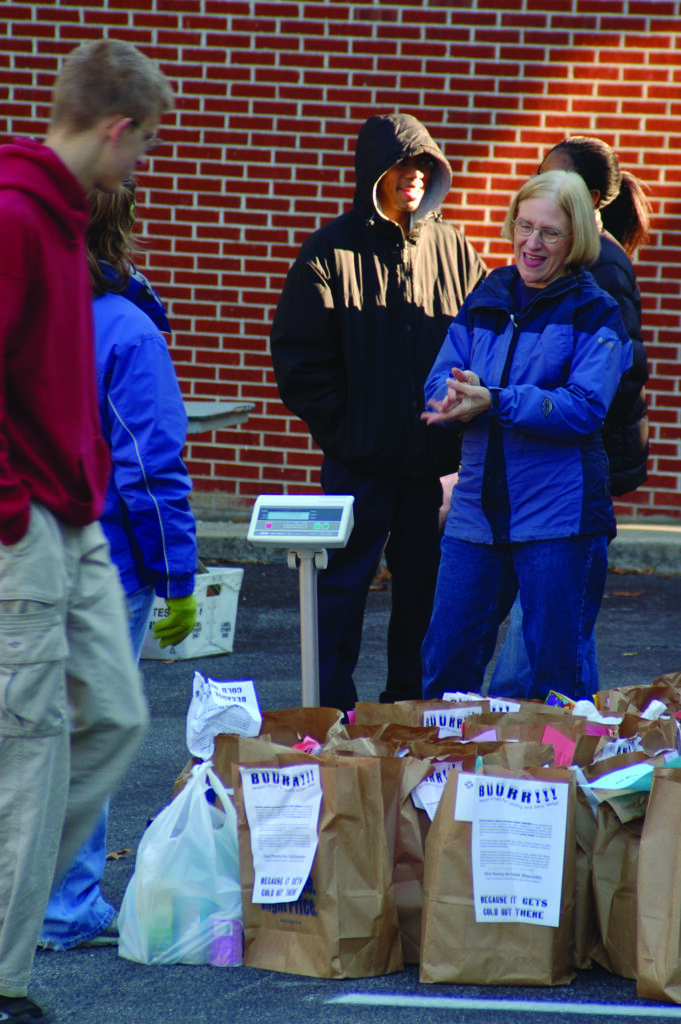This diet varies depending on many factors: income, cultural background, access to student discounts, eating habits, schedule, etc. However, the common denominator in at least the student body I have encountered is that we all eat poorly. The reasons, as mentioned above, can differ, yet we all struggle to keep a balanced diet during the semester.
I noticed this in others before I became aware of it in myself. A friend told me once that all he ate during his years in college was pizza because he was “broke” and had no kitchen in his dorm. Another one said that the stress during the semester made her appetite go away, so she would barely eat, while others told me they would eat more during the stressful four months. Slowly, I noticed how my habits would shift while studying. I could go hours without eating or drinking water. Once I finished my homework, I would buy anything accessible at the time—normally fast food—and eat very late at night. It was impossible to know if the constant exhaustion my body felt was due to the lack of nurturing food, sleep, or time off. Whatever the reason, it was there, and I could see it in my classmates as well.

Paying out of pocket for the semester also influenced my meal choices. Since money was limited, fast food was all I could afford because healthier options are more expensive–unjustifiable in a student’s budget. Throughout college, I’ve learned that many students deal with income-related issues, including the struggle with time management to prepare home-cooked meals or lack a support system to cook for them. In this aspect, I was fortunate to rely on my husband to cook meals for me when I was at my busiest. One term, I organized my schedule with four classes each day, with only 15 minutes between each class. For some reason, I didn’t think about leaving time to eat lunch. Consequently, not only did I not have time to cook at home, but I also didn’t have time to buy food. Thus, he would meal-prep for my week, making sure to pack healthier snacks with my lunch. Thankfully, I had someone making sure I fed myself properly, but some students don’t have that luxury.
The many factors that influence “The Student Diet” make it difficult to come up with a solution. It is the reality of many students, especially those with limited income and support. Some public colleges offer food assistance, but that doesn’t mean students have the time to cook, since many work more than one job. Even those that offer canned or microwavable food are still flawed since these are not healthier alternatives either. However, I think an important step to improve this pattern in students’ diet is awareness. Many of us are unaware of our eligibility for welfare programs such as the Supplemental Nutrition Assistance Program, which still doesn’t provide the time to cook meals but at least it could help with the expense of more nurturing foods. Additionally, more conscious choices when grocery shopping are important. Some small but powerful decisions I have made, for example, are buying more filling snacks that are still cheap (fruits, yogurt, nuts) and avoiding the chips at the vending machine. It has helped with boosting my energy in between classes, at least.

Changing this diet for any other is challenging; thus, we must be aware of what we can control and the assistance programs available to us. So many of those factors that make us fall into it are out of our control, but there are others we can have a say on. Ultimately, unhealthy food habits could impact our performance during the semester. It is harder for the brain to study when it is not well-nurtured. If our bodies are tired, our minds are too. I am still on this journey of making better decisions; hopefully, you can join me in making little yet empowering food choices and breaking the cycle of “The Student Diet.”

By Roxanna Cardenas
Roxanna is a Venezuelan writer living in New York City. Her works include essays, poetry, screenplays, and short stories. She explores fiction and non-fiction genres, with a special interest in horror and sci-fi. She has an A.A. in Writing and Literature and is working on her B.A. in English with a Creative Writing concentration.
For over 20 years, the Campus Clipper has been offering awesome student discounts in NYC, from the East Side to Greenwich Village. Along with inspiration, the company offers students a special coupon booklet and the Official Student Guide, which encourages them to discover new places in the city and save money on food, clothing, and services.
At the Campus Clipper, not only do we help our interns learn new skills, make money, and create wonderful e-books, we give them a platform to teach others. Check our website for more student savings and watch our YouTube video showing off some of New York City’s finest students during the Welcome Week of 2015.



